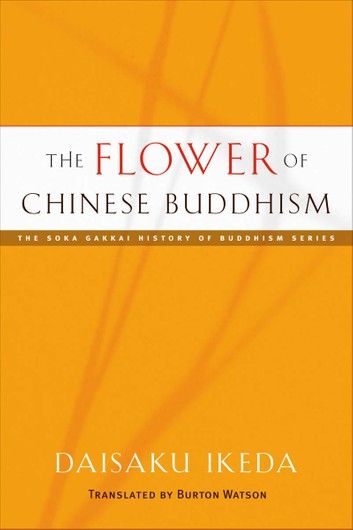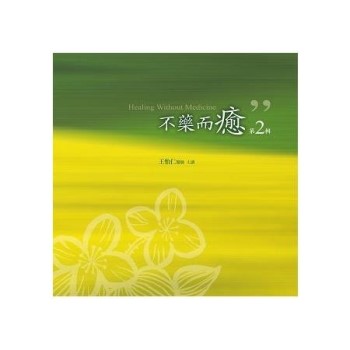| FindBook |
有 1 項符合
The Flower of Chinese Buddhism的圖書 |
 |
The Flower of Chinese Buddhism 作者:Daisaku Ikeda / 譯者:Burton Watson 出版社:Middleway Press 出版日期:2009-11-01 語言:英文 |
| 圖書館借閱 |
| 國家圖書館 | 全國圖書書目資訊網 | 國立公共資訊圖書館 | 電子書服務平台 | MetaCat 跨館整合查詢 |
| 臺北市立圖書館 | 新北市立圖書館 | 基隆市公共圖書館 | 桃園市立圖書館 | 新竹縣公共圖書館 |
| 苗栗縣立圖書館 | 臺中市立圖書館 | 彰化縣公共圖書館 | 南投縣文化局 | 雲林縣公共圖書館 |
| 嘉義縣圖書館 | 臺南市立圖書館 | 高雄市立圖書館 | 屏東縣公共圖書館 | 宜蘭縣公共圖書館 |
| 花蓮縣文化局 | 臺東縣文化處 |
|
|
圖書介紹 - 資料來源:樂天KOBO 評分:
圖書名稱:The Flower of Chinese Buddhism
Buddhism, which originated and was developed in India, was gradually transmitted to China, a country with a wholly different cultural background. Though the core teachings of Buddhism were preserved, with different culture and languages, it was not received unchanged by the people of China. The process in which new elements and changes were adapted to Buddhism provides a key to understanding some of the characteristics that qualify Buddhism as a world religion. Focusing special attention on the narrative of those Chinese scholars and figures who upheld the Lotus Sutra and established the foundation of Chinese Buddhism, the Tiantai School in particular, Ikeda here offers his intriguing insight into how Chinese Buddhism came into full flower.
|










